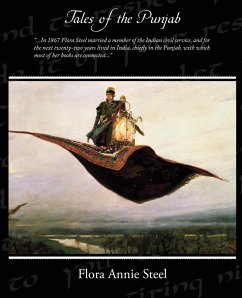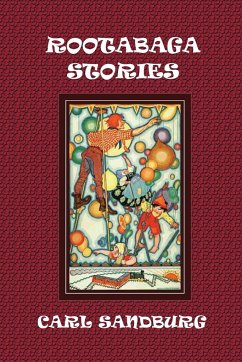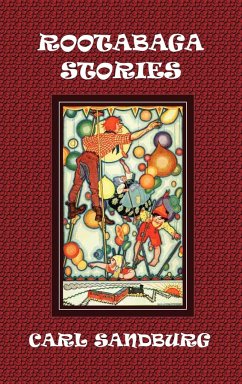In 1867 Flora Steel married a member of the Indian civil service, and for the next twenty-two years lived in India, chiefly in the Punjab, with which most of her books are connected. She was interested in interacting with Indian women of all classes and used the birth of her daughter to meet these women. She encouraged the production of local handicrafts and collected folk-tales. Tales Of The Punjab was published in 1894. From the very beginning the young reader is drawn into the stories. "Would you like to know how these stories are told? Come with me, and you shall see. There! take my hand and do not be afraid, for Prince Hassan's carpet is beneath your feet. So now!--'Hey presto! Abracadabra!' Here we are in a Punjabi village." Some of the tales included are Sir Buzz, The Rat's Wedding, The Faithful Prince, The Bear's Bad Bargain, Prince Lion heart and his Three Friends, The Lambkin, and Bopoluchi








